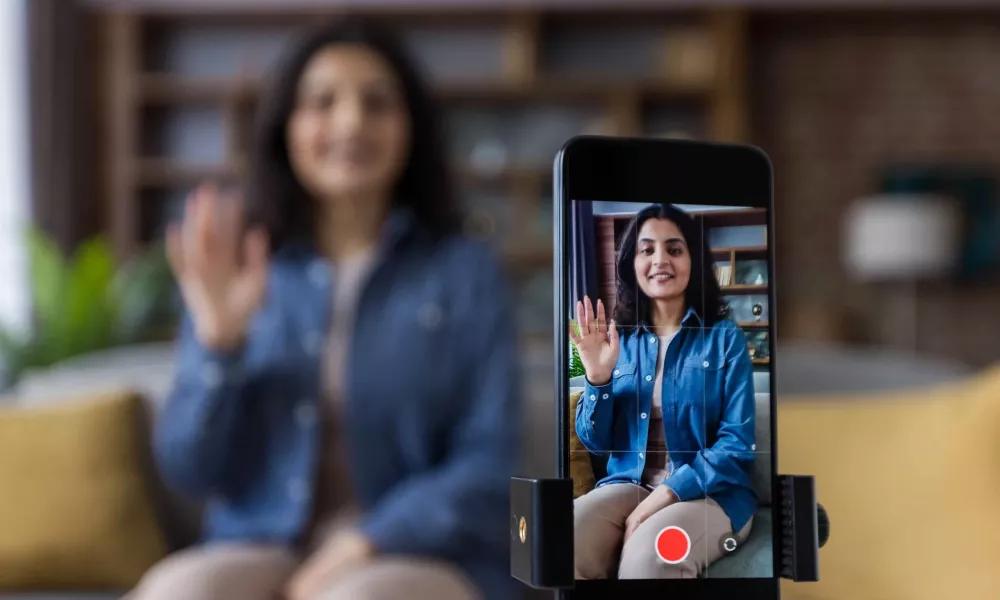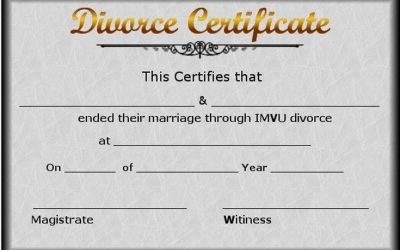
Is Online Nikah Legal Around the World
Table of Contents ▼
Marriage is a special promise between two people. In Islam, this beautiful event is called Nikah. It is more than just a party—it’s a spiritual and legal agreement. Usually, Nikah happens in person. But what if the bride and groom are far away from each other? Can they still get married?
Yes, they can! Thanks to the internet, many Muslim couples are now choosing Online Nikah. It’s like having a wedding on a video call. But is an Online nikah valid internationally? Will other countries accept it too? Let’s explore!
Table of Contents
What is an Online Nikah?
Online Nikah is a virtual Islamic marriage ceremony. Instead of meeting in one room, the bride and groom join the ceremony through apps like Zoom, Skype, or Google Meet. A religious leader (like an Imam or Qazi) leads the event. Two witnesses also joined the call. Everyone sees and hears each other clearly. Then the bride and groom say “yes” (Ijab and Qabool), and the Nikah is done!
This type of Nikah is great for:
- Long-distance couples
- People who can’t travel
- Times like pandemics or emergencies
- Simple, private weddings
Is Online Nikah Allowed in Islam?
Yes! Online Nikah is allowed in Islam if it follows the right rules. Here are the main things that must happen:
- Both the bride and groom must agree to the marriage (Ijab and Qabool)
- Two adult Muslim witnesses must be present online
- The bride should receive a Mahr (a gift or promise from the groom)
- A guardian (Wali) must be there for the bride (especially in some Islamic schools)
- The Imam or Qazi must lead the Nikah properly
- No one should hide the truth or lie
If all of this happens during the video call, the Nikah is valid under Islamic law.
Will All Countries Accept an Online Nikah?
That’s a very smart question. The answer is: Not always.
While Online Nikah is allowed in Islam, every country has its own legal rules. Some places accept online marriages. Others may ask for more documents. A few countries don’t allow it at all unless you take extra steps.
So, how can you make sure your online marriage is accepted worldwide? By doing both a religious and a civil marriage.
How to Make Your Online Marriage Legal in Other Countries
Here are the steps many couples follow to make their online Nikah accepted globally:
Step 1: Get a Nikah Nama
After the online or virtual Nikah, get your Nikah Nama. This is your marriage certificate. The Imam and witnesses should sign it..
Step 2: Notarize the Certificate
Take your Nikah Nama to a notary public or legal office. They will check and stamp it to prove it is real.
Step 3: MOFA Attestation
Go to your country’s Ministry of Foreign Affairs (MOFA). They will also stamp your certificate, making it official.
Step 4: Embassy Legalization
Visit the embassy of the country you want to move to or where your spouse lives. They will accept the documents if everything is correct.
Step 5: Translate if Needed
If your certificate is in Urdu, Arabic, or another language, get it translated into English, French, or the language of the country you’re going to. Use a certified translator.
When these steps are completed, your marriage becomes legal and acceptable in many countries.
Note: The process may be lengthy and time-consuming; it is best to consult a wedding professional for assistance.

Why Do People Choose Online Nikah?
Many couples love the idea of online Nikah for several reasons:
1. It Saves Time and Money
Online Nikah is cheaper and faster. You don’t need a big wedding hall, fancy clothes, or a huge guest list.
2. It’s Great for Long-Distance Couples
If the bride and groom are in different countries, they don’t have to wait months or spend money on flights. They can marry quickly and easily online.
3. It’s Safe in Emergencies
During times like COVID-19, traveling was hard. Online Nikah helped many couples get married safely from their homes.
4. It’s Simple and Peaceful
Online Nikah doesn’t need much planning. Just a few people, a video call, and the ceremony is done. It’s perfect for couples who like privacy.
5. It Still Follows Islam
Some people think online means “not real.” But when done correctly, online Nikah follows all the Islamic rules, just like an in-person ceremony.
6. Helps with Visas and Immigration
Once legalized, an online Nikah can be used to apply for family visas, sponsor your spouse, or move to another country as a couple.
What If My Country Doesn’t Accept Online Nikah?
If your country doesn’t fully accept an online Nikah, there’s still a great solution. Here’s what many couples do:
- First, get married through an Online Islamic Nikah
- Then, fly to a country like Georgia or the Seychelles
- Do a civil marriage there
- Get an official certificate
- Now your marriage is accepted in most countries
This way, you get both:
- Religious marriage (Online Nikah)
- Legal marriage (Civil registration in a neutral country)
Best Countries for Easy Civil Marriage
1. Georgia
Georgia is very popular among Muslim couples. You don’t need to be a citizen or live there. You can even get married within one day. Many Gulf residents, expats, and long-distance couples choose Georgia.
2. Seychelles
Seychelles is a peaceful island nation. It is beautiful, and they allow international couples to marry easily. Many people choose it for destination weddings or romantic escapes.
These countries help turn your Online Nikah into a fully legal international marriage.
Final Thoughts
Yes, you can get married online! It’s called Online Nikah, and it’s allowed in Islam if you follow the right steps. It’s perfect for long-distance couples, emergencies, and those who want a simple and private wedding.
But remember: not all countries will accept it automatically. That’s why it’s important to get your marriage certificate, notarize it, get it attested by MOFA, and legalize it at the embassy. Or better yet, complete a civil marriage in Georgia or Seychelles for full legal protection.
So if you’re wondering, “Can I get married online and have it accepted around the world?” The answer is: Yes—with the right steps, your Online Nikah can be both religiously valid and legally accepted internationally.


